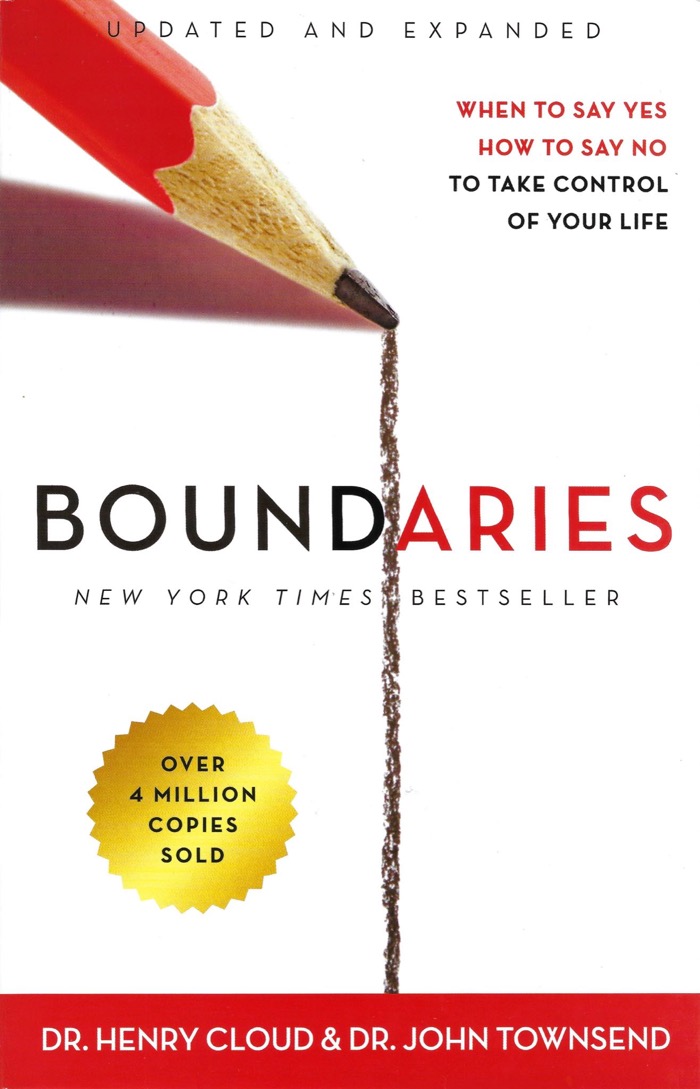Boundaries: When to Say Yes, How to Say No To Take Control of Your Life
Reviewed date: 2021 Feb 12
352 pages
OK, not great
It's OK. The concepts here are pretty basic I think, and viewing them through the lens of boundaries works well enough. I feel like I got to these same concepts through other ways. You can view things as a set of boundaries, or you can respect the autonomy and the rights of every individual. Either way you end up in very much the same place. I think respecting rights makes more intuitive sense, but boundaries work too.
Respect for the individual, not boundaries
I learned more about relationships from Ayn Rand (yes really) than from Boundaries. Leaving Ayn Rand's personal life and her personal failings aside, her Objectivist philosophy does a great job of respecting people as individuals. The idea of a man as a rational creature, responsible for himself, with rights that flow from his nature, and who acts in his own self-interest--well, that, to me, does a better job of explaining and defining interpersonal relationships than the concept of boundaries. Boundaries, to me, seem easy to abuse and turn into a weapon. By contrast, I don't think there's any way to hold to the principle of respecting the individual and abuse that in the same way. At least that's the way I see it. If viewing things as boundaries works better for you, then go for it.
Don't take this to mean that I'm all on board with Objectivism; I'm not. Objectivism at its root is incompatible with Christianity, although it ends up getting a lot of things right even though it starts from the wrong axioms. (I take this as evidence that even an atheist like Ayn Rand cannot escape the morality that God built into this universe.) But just because something isn't 100% true doesn't make it 100% wrong, either.
On the other hand, a lot of Objectivists and Ayn Rand acolytes are jerks who are impossible to get along with, like Ayn Rand herself, so maybe don't go that route if that's what you struggle with.
Would not recommend
I think that as a concept, the idea of boundaries is easier to abuse and misuse than the concept of respecting each individual's rights and autonomy. So I'm not sure I would recommend this book to someone who doesn't already have some level of maturity. (And in that case, I'm not sure the person needs the book.) It could perhaps be used in concert with a trained and mature counselor who ensures the concepts are not misused or misunderstood.
Attempted, but failed, to ground in Scripture
I do like how the authors tried to keep it grounded in the Bible, but I didn't find the biblical support for this to be terribly convincing. Boundaries are a psychological tool, not a particularly biblical one. That doesn't make them unbiblical though.
